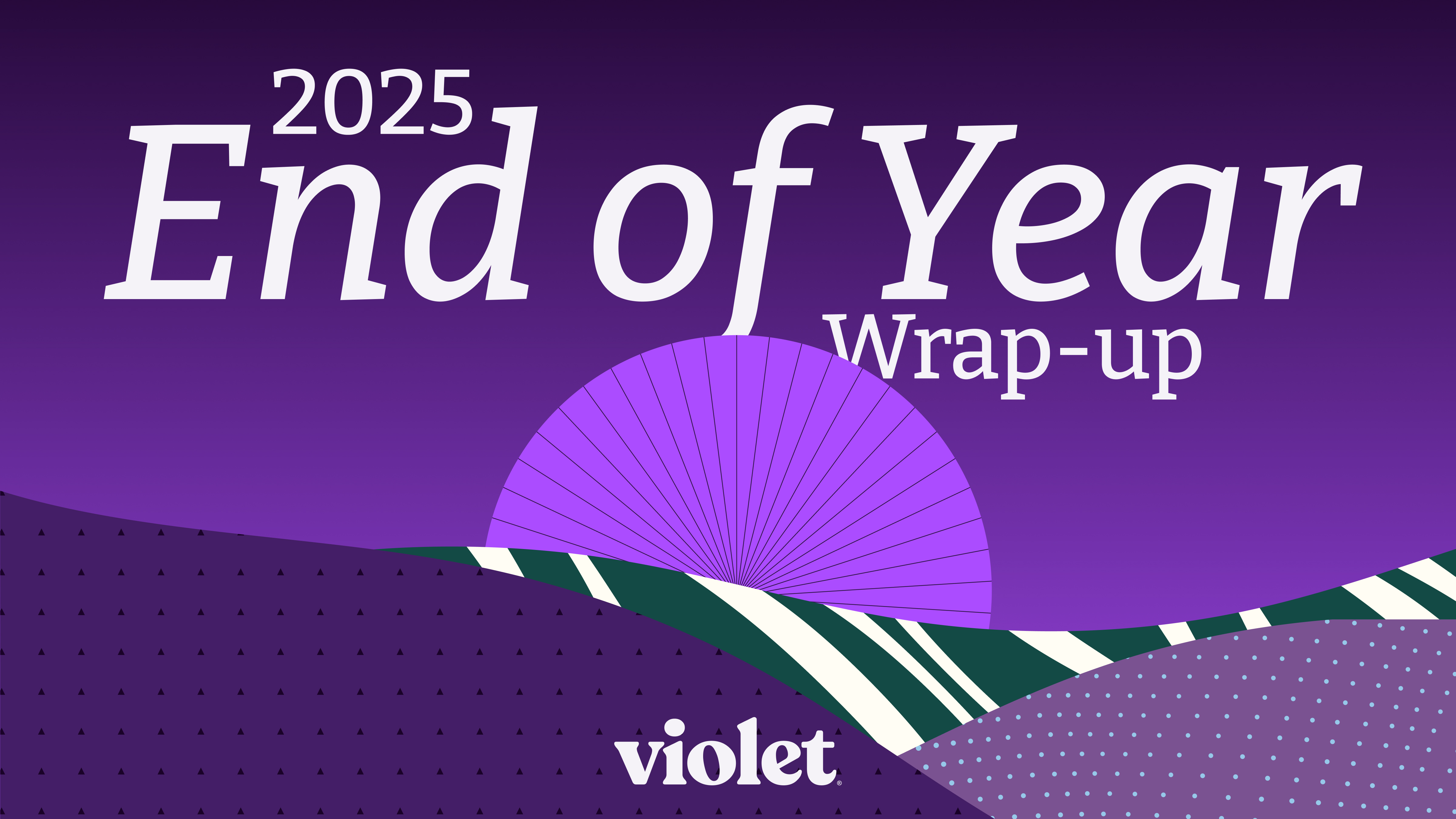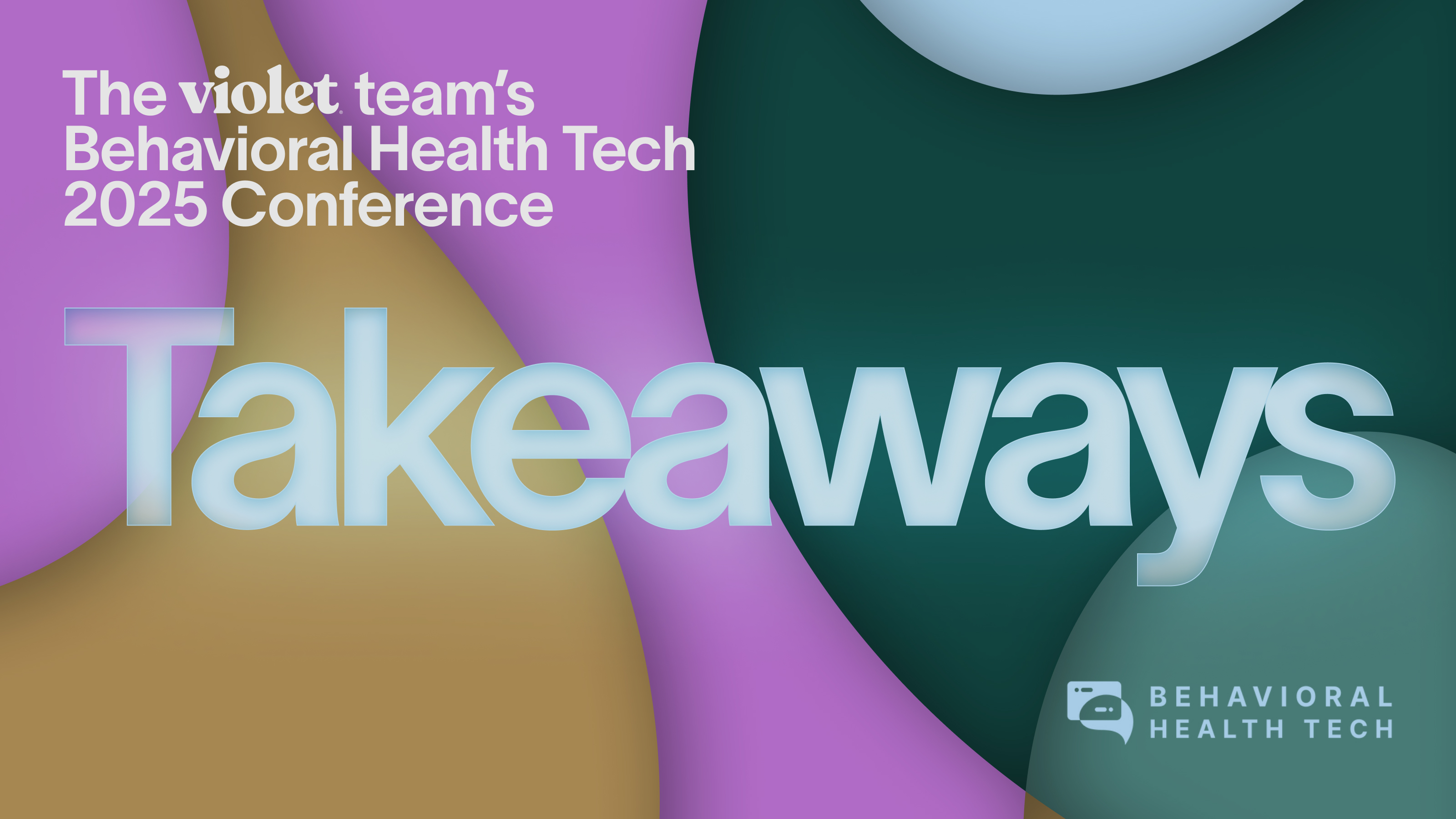“Do you have sex with men, women, or both?” the provider looks at me kindly and expectantly.
As a trans man, I always stumble when I answer this.
I know what they’re really asking. They want to know about my risk of sexually-transmitted infections, and whether, as a trans man with a uterus, I’m having the kind of sex that could get me pregnant. Basically, they want to know whether I’m having sex involving a penis.
So when they ask the question like this, it makes me feel like they don’t understand trans bodies.
“Men,” I once said to a provider, who then instantly wanted to talk about birth control, leaving me scrambling to clarify that my only current partner was another trans man.
I’d thought the provider was trans competent. I’d thought she understood that men don’t always have penises. Her question felt like a betrayal. It suggested that the gender identity of my partners has something to do with our anatomy or our sex acts. And it erased non-binary people completely.
The conventional, risk-based framework for sexual history intake has too often shamed LGBTQIA+ people for having sexual lives outside of heterosexual, monogamous relationships. In fact, 15% of LGBTQIA+ folks reported not seeking medical care due to discrimination.
Fortunately for providers and patients alike, there’s a better way.
The GOALS framework for sexual history-taking, developed by Sarit A. Golub, PhD, MPH, and the New York City Department of Health and Mental Hygiene provides a flexible framework to encourage more open and affirming conversations about sexual health.
When I think back to my past experiences, I’m reminded that there are so many stories just like mine that could have been prevented by a solution like the GOALS framework.
The framework encourages providers to ease into the conversation. Instead of rattling off the typical battery of questions, the framework offers physicians a more mindful approach:
- Give a preamble that emphasizes sexual health. Providers open the conversation by normalizing sexual health as a part of routine health care, explaining that they talk to all of their patients about sexual health because it’s such an important part of overall wellbeing. The suggested script includes saying, “I want to make sure I understand what your questions or concerns might be and provide whatever information or other help you might need.”
- Offer opt-out HIV/STI testing and information. Providers then offer opt-out HIV and STI testing, normalizing this by sharing that it is something they recommend to all of their patients.
- Ask an open-ended question. Then, use an open-ended question to begin a conversation. Some options might be: “Tell me about your sex life,” or “What would you say are your biggest sexual health questions and concerns?” Open-ended questions allow patients to share other concerns around emotional safety, sexual decision-making, and sexual function. Conversations about sexual health also need to make room for nuanced, patient-centered discussions around topics like condom use and having multiple partners.
- Listen for relevant information and probe to fill in the blanks. The next step is to listen for relevant information and ask follow-up questions to fill in the blanks. The framework helps providers flexibly focus on what’s relevant to clinical recommendations—if a patient has multiple partners, STI testing may be indicated, without any need to probe into the exact number of partners.
- Suggest a course of action. Whenever possible, providers should try to work with patients to decide on a course of action together. The goal is to empower rather disempower.
It’s time to have conversations about sexual health that center pleasure and autonomy, rather than risk, and these conversations need to start from a different place. A conventional, risk-based framework for sexual history-taking has too often been used to shame LGBTQIA+ people for having sexual lives outside of a heterosexual monogamous relationship—the GOALS framework helps us move toward conversations about sexual health that center pleasure and autonomy for all genders and sexualities.
Sources
https://www.hivguidelines.org/hiv-care/selected-resources/goals-framework/
https://www.americanprogress.org/article/discrimination-prevents-lgbtq-people-accessing-health-care/

.svg)





.png)



.png)

.svg)



.svg)

